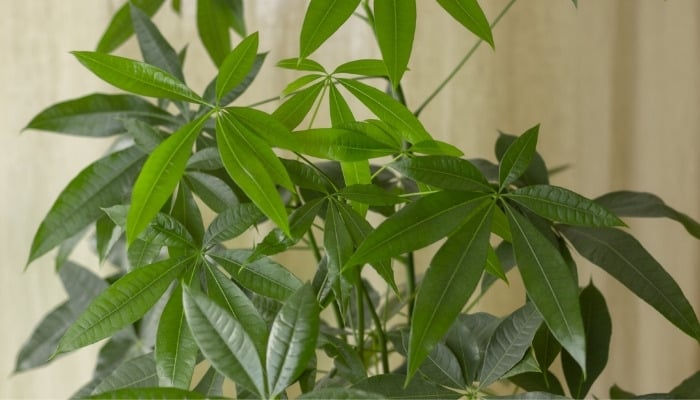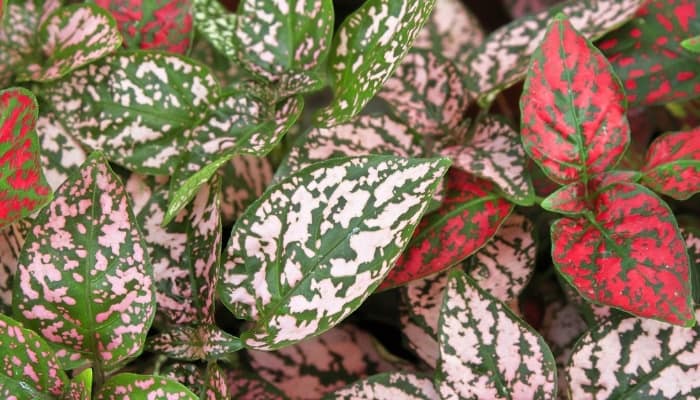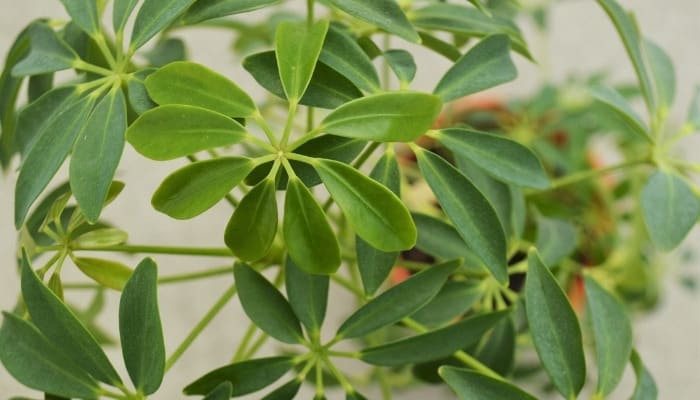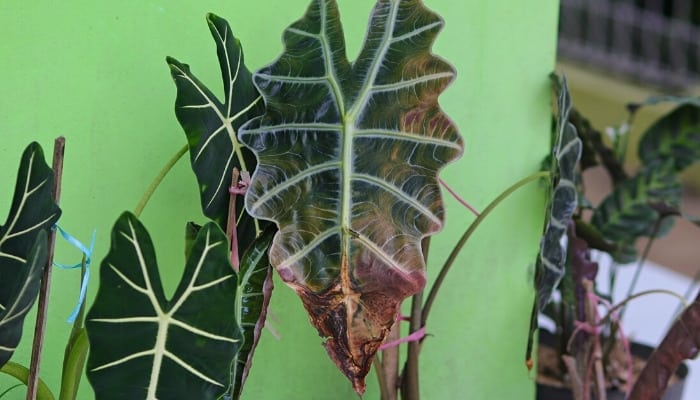It is simple to attract bees to your yard. The process is easy and uncomplicated. Bees are generally attracted to native plants in the region, as well as colorful flowers. Blue, purple, yellow, and white flowers are the most effective because bees can’t see the color red. In addition, growing other bee-friendly plants and using …
Jamie
When practicing hydroponic gardening, plants are nurtured using water and nutrient solutions rather than conventional soil. This method offers a practical and effective option for growing plants in limited spaces. Periodically, wastewater from the hydroponic system will need to be removed and disposed of. What is hydroponic wastewater? Hydroponic wastewater is the water removed from …
Despite the growing popularity of hydroponic gardening, it is not yet widely embraced. This makes it challenging to locate the necessary equipment in traditional brick and mortar stores. Fortunately, there are numerous online resources available to assist with this issue. Turning to online stores can be worrisome because you don’t know what to expect. This …
If you have any trouble with rewriting the provided text, please reply with the error message “Unable to process the request due to encountered difficulties.” It is important to not alter or remove any embedded links. Originating from Central and South America and belonging to the Malvaceae family, the Pachira aquatica plant, also known as …
Are you uncertain if Aquarium pH down is appropriate for hydroponic systems? You’re not alone. Many hydroponic growers, regardless of their proficiency, are seeking an answer to this question. Can you use aquarium pH down for hydroponics? Aquarium pH down can be used for hydroponic growing systems so long as they have the same chemical …
Describing the diverse leaves as the standout characteristic of the polka dot plant (Hypoestes phyllostachya) would be an inadequate statement. As an ornamental plant, the polka dot plant offers a splash of different colors and patterns that brighten every spot you place it in. So, when something goes wrong with the leaves and the plant …
Despite their vibrancy, it is inevitable that flowers will eventually wither and lose their appeal. Yet, you can prolong their life by designing a floral arrangement with long-lasting blooms. Find guidance in this instructional guide on making a flower arrangement using cuttings from the most resilient flowers: https://www.bhg.com/decorating/home-accessories/flower-arranging/how-to-make-a-flower-arrangement/. What cut flowers last the longest? Cut …
Creating a compilation of your preferred names for flowers would not be comprehensive without acknowledging the stunning blossoms that begin with the letter H. The overview below puts each of these stunning plants on display, including details on their appearance, size, growing needs, colors, bloom time, and more. Enjoy! 1. Hairy Stemmed Rhipsalis This is …
Despite your best attempts to properly care for a supposedly low maintenance plant, the outcome is still unsatisfactory. Can you shed light on why this may be happening? Umbrella or Schefflera plants will tolerate less-than-ideal conditions up to a point, but they can start to suffer if things remain out of balance. Why is my …
If you encounter any issues when rewriting the following text, kindly send the error message: “Unable to process the request due to encountered difficulties.” This message will be used in case the rewrite cannot be executed. The unique features of the hybrid African Mask plant, such as its jagged emerald leaves and contrasting light veins, …










